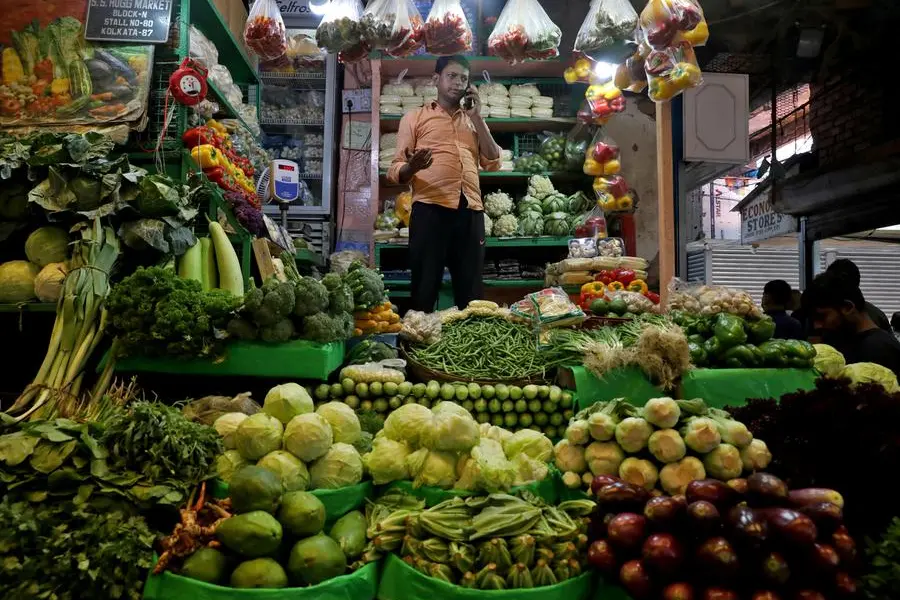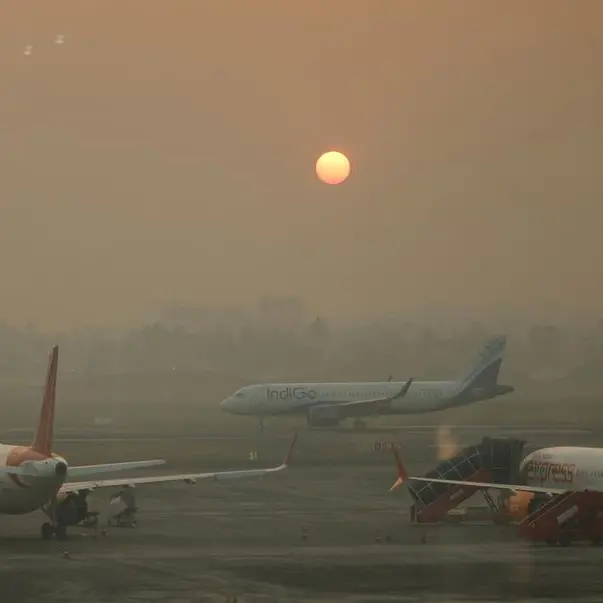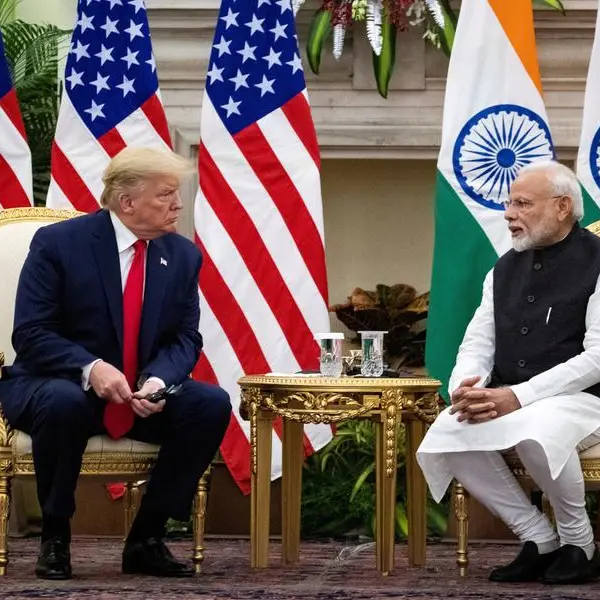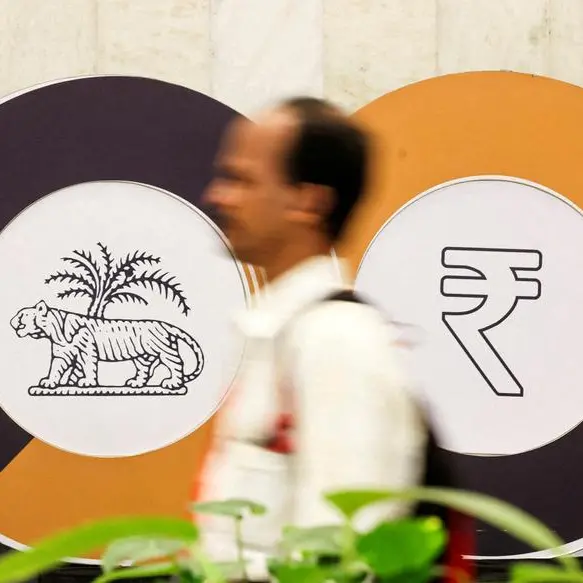PHOTO
India has extended a free food programme for the poor by three months, a move that will add $5.46 billion to the government's costs and make for a bigger challenge to efforts to rein in the fiscal deficit, ahead of key state elections.
The extension of the world's biggest free food programme comes ahead of elections in Prime Minister Narendra Modi's home state of Gujarat and Himachal Pradesh due by the year-end, where he faces challenges from emerging regional parties - promising power and other subsidies.
"The free food programme has helped India avert hunger during coronavirus lockdowns, but many poor people still need this safety net, and that's why the government has extended the scheme," said Devinder Sharma, an independent farm and food policy expert.
"But it also been extended due to impending state elections," he said.
With the latest extension, India could spend nearly $47 billion in total for the food programme that started in April 2020 as COVID-19 relief measure.
The programme will now be extended till December, Information Minister Anurag Thakur told a news conference on Wednesday.
Most economists expect India to miss its fiscal deficit target of 6.4% of GDP for the year ending in March 2023, thanks to government measures to fight inflation that could cost more than $20 billion.
"We expect the fiscal deficit to modestly overshoot the budgeted level, following the extension," Aditi Nayar, economist at ICRA, an Indian arm of Moody's Investors Service.
The government provides families with 5 kg (11 lb) of foodgrains each month under the programme.
The government has restricted rice exports on growing concern about grain stocks, in addition to export curbs on wheat and sugar.
Wheat stockpiles at state-run agencies fell to 24.82 million tonnes by Sept. 1 from 51.78 million a year ago as government purchases from farmers more than halved this year.
Rice stocks stood at 35.36 million tonnes at the beginning of this month, down from the last year's 38.73 million.
The free food programme is expected to require an outflow of 12.2 million tonnes of foodgrains, the government has said.
Thakur said there was no shortage of wheat or rice for the food programme. ($1 = 81.9210 Indian rupees) (Reporting by Aftab Ahmed; Additional reporting by Mayank Bhardwaj; Editing by Andrew Heavens, Clarence Fernandez and David Evans)





















